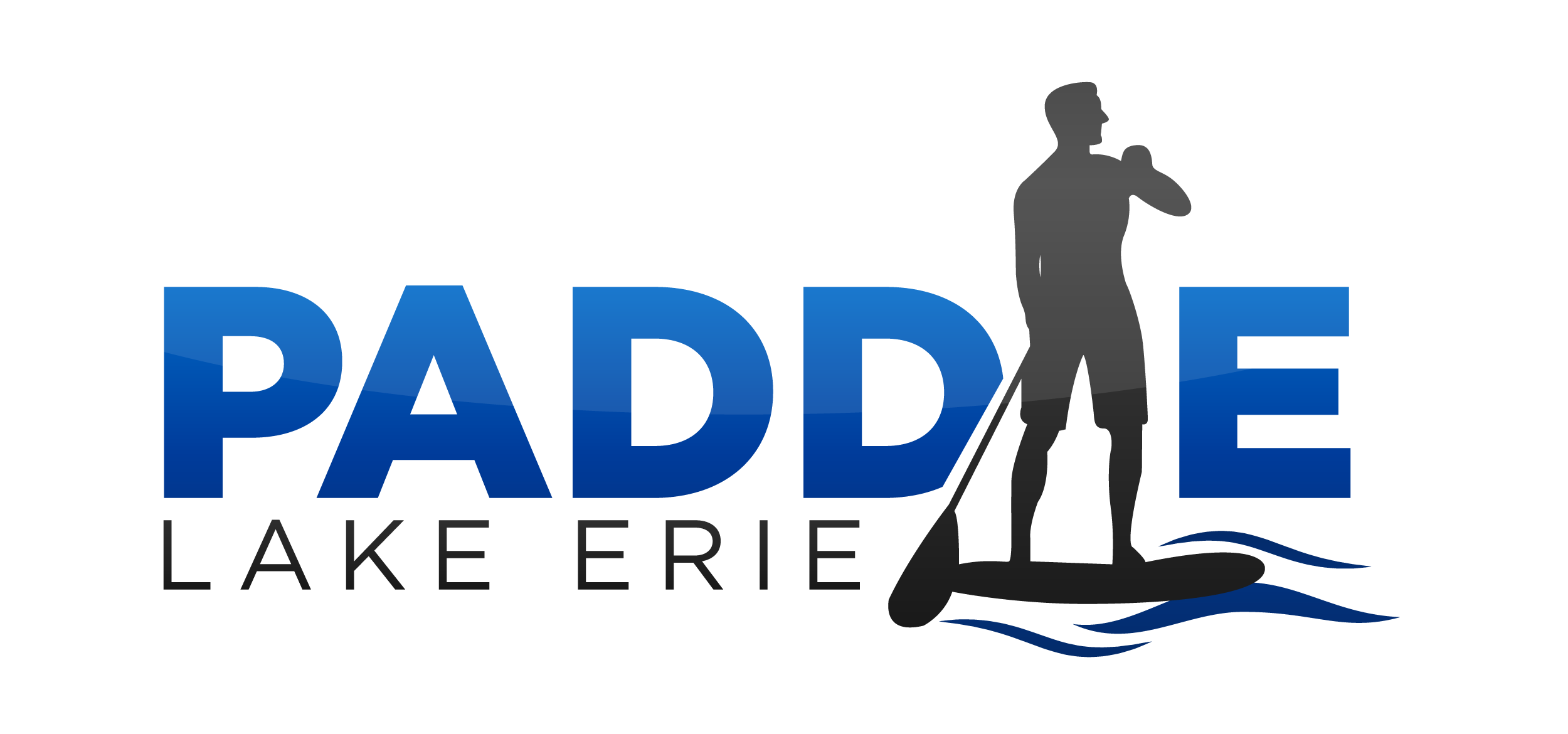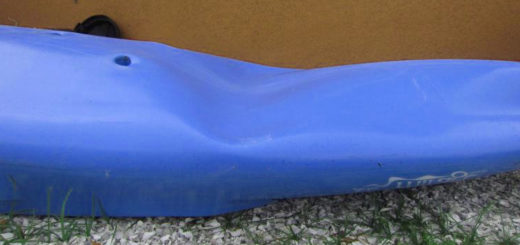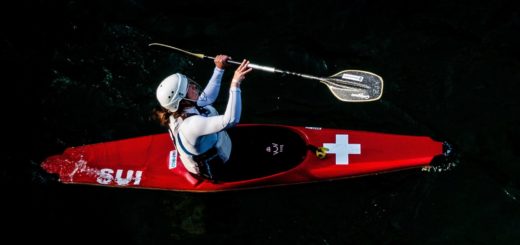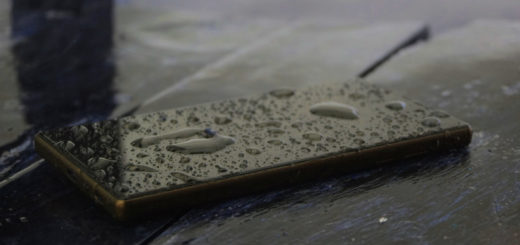Kayaking Terminology
One of the things that may overwhelm newcomers to the sport is some of the boating and kayaking terminology. Following is a list of the most important boating and kayaking terminology:
General Boating
- Bow – The front of the boat
- Stern – The back of the boat
- Hull – The bottom of the boat
- Deck – The top of the boat
- PFD – Personal flotation device
- Put-in – where you began a boating trip by putting boats into water
- River Left – left side of a river when looking downstream (right side if looking upstream)
- River Right – right side of a river when looking downstream (left side if looking downstream)
Kayak Specific
- Coaming – the rounded edge surrounding the cockpit area, typically where you attach as skirt if using one
- Bulkhead – a divider that can separate the either the bow or stern from the cockpit area.
- Scupper – holed through a sit on top kayak that allow water that has splashed on top to drain and also add structural rigidity to the kayak
- Braces – pads around the cockpit often made of rubber or fabric for bracing with the knee for stiffening ones position in the kayak
- SINK – sit in kayak
- SOT Kayak – sit on top kayak
- Ducky – slang term for an inflatable kayak
Water Features / Conditions
- Confluence – where two rivers meet
- Gradient – how steep a river is usually represented in height difference per length of river
- Haystacks – a large still wave caused by slowing of the current
- Headwall – where a river meets a cliff at a 90 degree angle
- Hydraulic (or Hole or Pourover) – when water falls over a rock or other obstacle into deeper water causing surface water to be suctioned back towards the obstacle. Water flowing over the obstacle creates a gap that surface water refills. This refilling action moves water upstream causing a circular flow of water.
- Pillow (or Boil) – where water gathers against an obstruction before flowing around it
- Sweeper – obstacles that hang over the river and can “sweep” the boater out of the boat
- Strainer – Much like the kitchen utensil, a strainer is an obstacle that allows water to pass through but not a person. These can be caused by any kind of debris, typically fallen trees or logs.
- Sieve – when water is forced between two obstructions causing a flow of faster water
Maneuvers
- Ferry – moving across a river without moving downstream
- Boof – using your stoke and maneuvering body weight to raise up the bow of the boat, often for clearing an obstacle
- Ghost boat – sending the kayak through the a rapid empty



